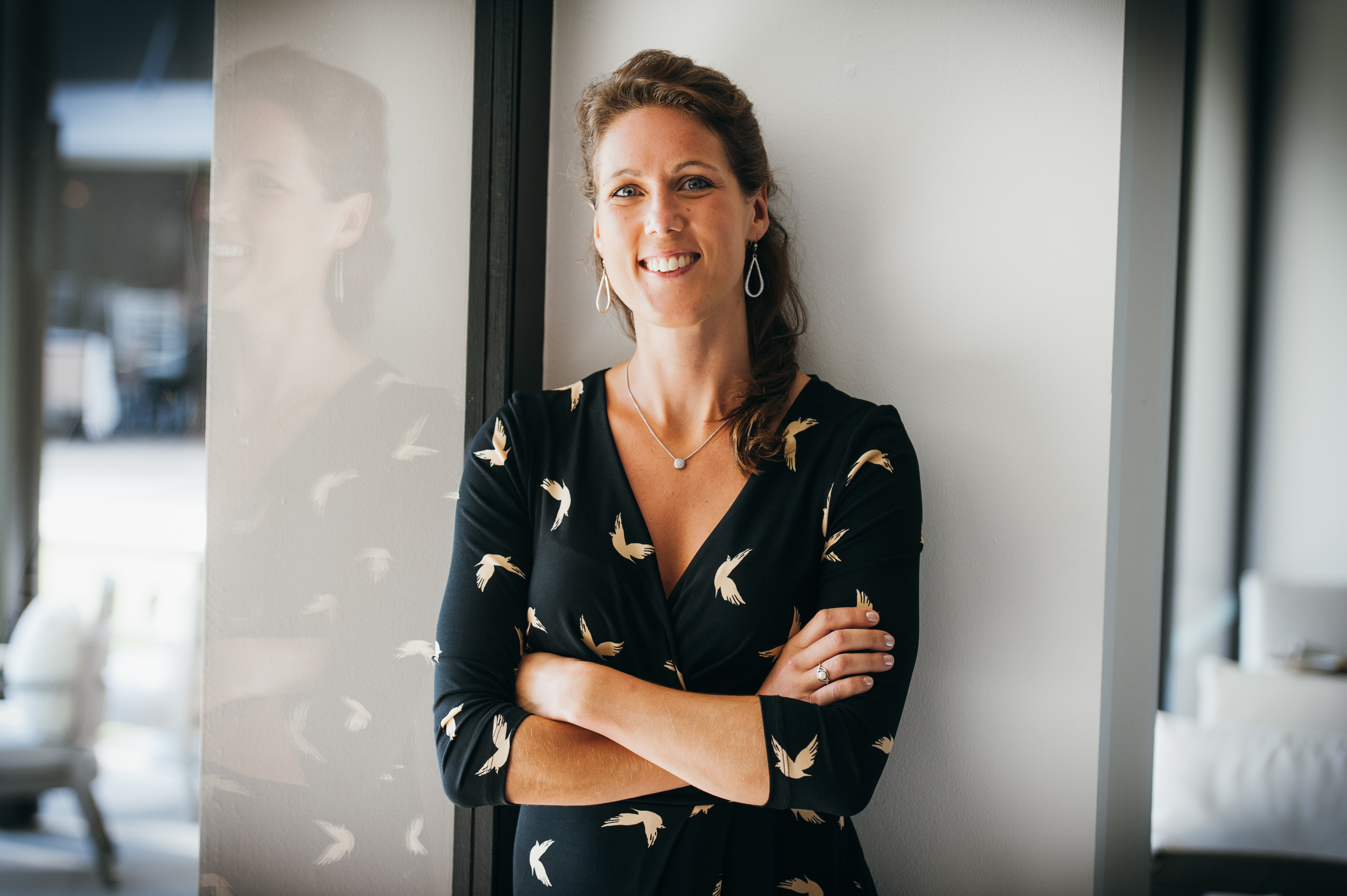Using the HOW Skill Set to Avoid Burnout.
This article was originally posted on the Gen-I Blog.
As you’ll probably know, burnout is the state of physical and mental exhaustion, overwhelm, and, often, despair that comes as the result of chronic stress. In response to one survey, seventy-seven percent of people said they’d experienced the condition – and many on repeated occasions.
I had periods of burnout myself, when I was building my own business. That feeling of total exhaustion was awful – and it affected my work, the rest of my life, and, really, my ability to do anything at all. It wasn’t just stress, however. It was rather the gradual accumulation of stress upon stress that changes the way you even think.
But what I managed to do in – or rather, after – these periods, was to look back and see the things that had gradually contributed to that condition. Which bad habits, which behaviours, all the little things that had consistently built up to the final burnout.
This is so important. Because, in a country in which we lose over fifteen million work days every year due to exhaustion, overwhelm, and work-related depression, we need to learn how to manage our workplace mental health and know how to deal with burnout if it comes.
What I teach as the HOW skill set was, for me, incredibly useful in this – and has been ever since. Because, with the 5is, we can think about the behaviours and practices that we can integrate into our lives to learn HOW to avoid burnout forever.
Intention.
One of the major causes of burnout in the workplace is the ever-present drive for success, for wealth, for continuous growth. Yet, to a lot of us, this doesn’t actually represent the primary aim we think it might.
This is something that Elizabeth Gilbert (of Eat, Pray, Love fame) mentioned at the Inbound Conference in Boston I attended recently. In all this talk about the aim for success, she pointed out that maybe we lose sight of a more fundamental aim: to feel truly relaxed. I loved this idea and have similarly admired people in the business world who are utterly content and relaxed at work.
That’s what I want to be. Personally, I’m not a fan of the flashy material trappings of wealth, but the inner peace that comes from true wealth – my alignment with my Ikigai, my relationships, my freedom and my experiences – rather than the big house and flash car.
When you are relaxed, you don’t get so caught up in the day-to-day stresses and tasks. You view them as part of the journey. You are more able to take the long view, to see beyond to where are and where you’re heading, to know what you’re doing and importantly why. Consequently, you become relaxed in the knowledge you are ‘on a mission’.
Perhaps, then, the essential thing in how to deal with burnout is to aim to be relaxed and to enjoy what you are doing – whatever this means for you. Have this as your intention and work from there. Sadly, I think many people suffer the situation summed up by the great Stephen R Covey…
‘If the ladder is not leaning against the right wall, every step we take just gets us to the wrong place faster.’
Knowing your true intention is key.
Insight.
To work towards this intention, you need to consider the things you will need to do, the things you’ll need to improve, and the things you’ll need to change.
When we are thinking about how to deal with burnout – and how to achieve a stable state of relaxation – the first thing to consider are the things that make you stressed. These might be poor organisation, last-minute deadlines, poor health, or a feeling of a lack of control.
What are the main stresses for you?
Be aware, be mindful, of the things that make you stressed.
Consider how you can avoid that stress trigger or replace it. And also think about the way that you are working. Are you stressed because you don’t actually enjoy the work you are doing, you feel you are no good at it, or it’s not in your zone of genius? That’s okay, for now.
In working out HOW to avoid burnout, we need to be clear on what these pain points are. And, at the same time, we need to think of the things that make you feel as though everything is in hand, under control, and being dealt with. So, with your intention foremost in your mind, let’s write down a list of all the things that need improvement or change.
Identification.
Once you have your list, you need to think.
What is the thing that I could do today that is going to have the biggest positive feedback?
Which action is going to have the biggest impact? Which is going to reduce your stress in the most significant way? Remember, this may well be just eradicating a stress point.
Meanwhile, what are the things in the long term that are going to influence tomorrow and make it easier for you to keep you consistently reducing your stress levels? Which changes will have the biggest influenceon your ability to achieve a greater relaxation consistently?
Are there some key habits and patterns you can identify? Maybe you check your emails on your phone first thing every morning and start the day pranging out with everything you need to catch up on. Maybe the trip to the supermarket gets you frustrated just as you are heading home for the evening.
These things are super easy to change. And they’ll have a massive impact and influence on both you and your ‘stress-free’ future – making it much easier to know HOW to deal with burnout.
Implementation.
When thinking about HOW to avoid burnout – and how to reach your intended relaxation – you need to consider how you are going to implement each specific change that you’ve listed.
As you’ll have heard me say before, some of these changes are going to come in the form of one-off actions and some will come as routines and habits.
The one-off actions are the simple ones. Can you look at parts of your work to outsource or delegate, for example? The research and time required to source a reliable virtual assistant or freelancer is limited to a few hours maximum. And these can have a significant immediate impact on your stress levels.
Otherwise, try your best to go to bed earlier. Having a set bedtime might sound juvenile, but it’s not. Sleep is the most important thing you can do to reduce your stress levels. And to make yourself more efficient.
It is not at all to be sniffed at: sleep is key to knowing HOW to deal with burnout.
Think about what sort of actions are required
Implementation is about planning how and when you need to make the changes.
Integration.
Thinking about habits, however, is not all about sleeping well and making sure you drink enough water. Nor is it cutting out the bad habits from our lives. Rather, if our intention is relaxation, we need to start actively integrating habits that are going to make us feel positively good. Adding new habits is harder.
The easiest way to change habits is replace a bad habit with a good.
What sorts of habits can you integrate into your daily or weekly behaviour? Which bad habits can you exchange for a good one. Can you make sure you have a weekend off – to spend with family and friends, or to see no-one at all and enjoy yourself?
Joy reduces stress – and joy is the greatest reward that you can hope for. Can you say honestly that you have enough joy in your life?
In Summary:
By thinking through and enacting the HOW skill set, you can actually plan to avoid burnout completely. So many of us know we are stressed; we know it is bad for us. Yet, paradoxically, we also know WHAT we need to change. The missing link is HOW.
This is one of the most rewarding parts of the work I do. As a ‘survivor’ of the condition I know how awful it is, but I managed to figure out HOW to deal with burnout. And HOW to avoid it ever since.
Now I teach and coach other in how to use the HOW Skill Set to make change happen.
Think you are suffering from burnout? Then, give me a call.
This article was originally posted on the Gen-I Blog.


